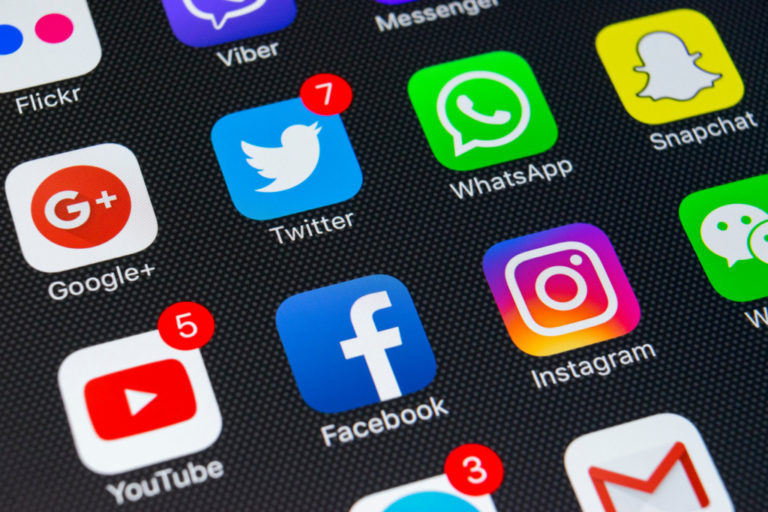Many hospitals don’t seem to understand that, while they are a healthcare institution, they still need an effective marketing strategy that helps people not only understand their medical needs but also inform them of your institution’s capability to heal.
The good hospitals usually hire a medical marketing consultant to help them with their marketing collaterals, but if your hospital wants to do it DIY, here are a couple of things to remember about marketing your medical profession in a post-pandemic world:
Keep it Classy
With the country close to breaching the four millionth mark in infection rates, it’s understandably frustrating for a lot of healthcare professionals to see tens of thousands of people protesting against safety protocols designed to keep the pandemic at bay. In response to this, some healthcare institutions went for the ‘shock and disgust’ method of marketing by releasing collaterals that were designed to be gross to create a sense of urgency and importance to some of our more hard-headed Americans.
Did it work? Only time will tell, and while showing people the horrible effects of the pandemic on their bodies do paint a realistic picture of how dangerous this whole thing is, it’s not exactly the most welcome ad. Word of advice: no matter how frustrating it is, keep your marketing collaterals classy but still with a sense of seriousness and urgency. Rather than grossing your patients out, remind them about the emotional toll the virus has on family and friends and the environmental and financial costs they’ll have to pay.
Keep it Informative

The effectiveness of a healthcare institution’s social media marketing is determined not just by how pretty it looks but by how informative it is. In the time of a pandemic, a medical institution should be the go-to source for any information regarding all the medical aspects of a global pandemic, whether it’s hygiene tips, information about medical procedures, and possible home-based solutions to keeping healthy.
Medical professionals vet anything they post online, but in our age of fake news, this has to be done even more explicitly. Even if it’s just a Facebook post or an IG story or a Twitter tweet, keep your marketing materials informative, easy to understand, and back it up with links to studies and scholarly articles. Will people determined to stay ignorant read the scientific evidence? Probably not, but at least your healthcare institution did its due diligence!
Keep it REAL
Social media (not to mention family instant messaging groups) have become a hotbed for misinformation, fake news, and in many cases, data misinterpretation. As a medical institution, it’s your job to cut through the noise and provide accurate info, accurate data interpretation, and provide scientific knowledge to your community. Still, you can only do that if you stay real to your patients.
This means telling the situation like it is: no sugarcoating or blowing out of proportion. Keep your information as real as possible, and as relatable as possible. In this day and age, fear-mongering and downplaying will not only hurt your patients. It goes against the ethical standards all medical professionals and institutions adhere to. Be part of the solution and voice out the truth about medical trends at all times. No exceptions.

















